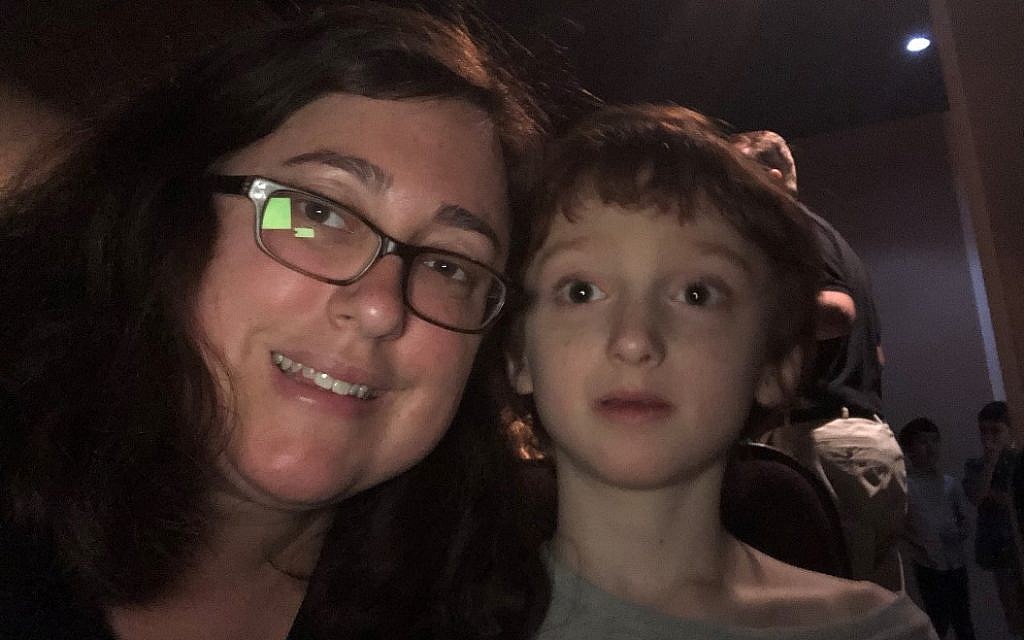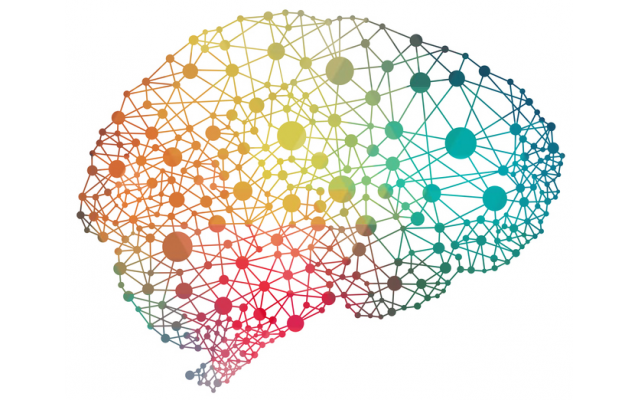The Neurodiversity of It All
As February is Jewish Disabilities and Awareness Inclusion Month, Rachel Slomovitz felt compelled to share her feelings on the subject.
I am blessed and humbled to be a parent of a neurotypical child, and a neurodiverse child. As February is Jewish Disabilities and Awareness Inclusion Month, I felt compelled to share my feelings on the subject.
Neurotypical is defined as someone who does not have autistic signs; neurodiversity is a concept that any neurological differences you have might be respected. My neurotypical child’s path has included neighborhood schools, local camps, a bar mitzvah date, and a hope for a great college in the future. Upon parenting my neurodiverse child, I realized the path ahead was a bit foggy.
My child has autism and has limited verbal abilities. Being his mother, I honor his neurological differences, and celebrate others who appreciate their gifts as well. Modern parenthood dictates that we accept the child we are given; it’s a full embrace of who they are, and what makes them special.
As soon as that child shows who they are, we set to create a hospitable atmosphere for them. We build communities, we write our own parenting manuals, we do what we need to do. My neurodiverse child has been fortunate that the local community has a wealth of resources for him: the MDE (Motivation/Determination/Excellence) School for camp; Friendship Circle, where he can attend monthly gatherings of the “Torah Circle” and celebrate monthly birthdays; and Lekotek, a play and toy-lending library for special needs children.

Where I find an almost-daily struggle is that the neurotypical community does not work to build a bridge over to the special needs community. Special needs children of all ranges are sent to different schools, usually outside their community, away from their siblings and neighbors. Our truly special needs children are not represented in our local religious schools. This is not the case for every synagogue, of course, but for the majority it is. Why is one child fully integrated, but not another?
My grandmother in the 1970s, along with my uncle, worked with special needs Jewish kids. They ran classrooms and created Jewish content for them. I have the newspaper articles from the ‘70s talking about their classroom, and how they worked with the kids. If this existed 45 years ago, before I was even born, why do we work to reinvent the wheel every year?
There is an excellent program outside of Boston called Gateways’ Jewish Education Program that has worked to create a safe space for our neurodiverse children. I am proud of Jewish Disabilities Awareness and Inclusion Month in which synagogues work to build and cross that bridge, but what about the other 11 months?
Special needs children come in all shapes and sizes. It’s neurodiversity, it’s physical differences, it’s medical issues, it’s a wide beautiful range of children to learn and grow from. This idea of outreach is not a hard one, but I can tell you that many parents of special needs children do not feel welcome in their synagogue, church or place of worship. The parent does not feel that their child will sit nicely or participate appropriately, so they do not show up. That was not my belief. Both of my children will be at synagogue on Shabbat morning because it’s a priority for me. My synagogue has been supportive of my son, and we are working towards crossing that bridge. I honor who my children are, and I commit to their being fully involved Jewish children, and eventually adults.
I encourage/implore you to please help build that bridge. It’s simple. Go say “hi.” Talk to a child or adult who is unable to talk back to you. That’s okay, they can hear you. If they can’t hear you, then sign. If they can’t see, then figure out a way to communicate. As a mother of one of those non-verbal children, I love when people totally ignore me and come up and speak to my child. Sometimes I answer for him, but it’s OK. Give him a high-five; I want you to see what a cool kid he is. Take those moments to see the others in your community as well.
Rachel Slomovitz is the mother of two boys and teaches at The Epstein School, Congregation Etz Chaim and High Meadows School.
- Rachel Slomovitz
- Education
- Community
- neurotypical
- Jewish Disabilities and Awareness Inclusion Month
- neurodiversity
- Friendship Circle
- Torah Circle
- Special needs children
- The Epstein School
- congregation etz chaim
- High Meadows School
- Opinion
- Motivation Determination Excellence School
- autism
- disabilities




comments